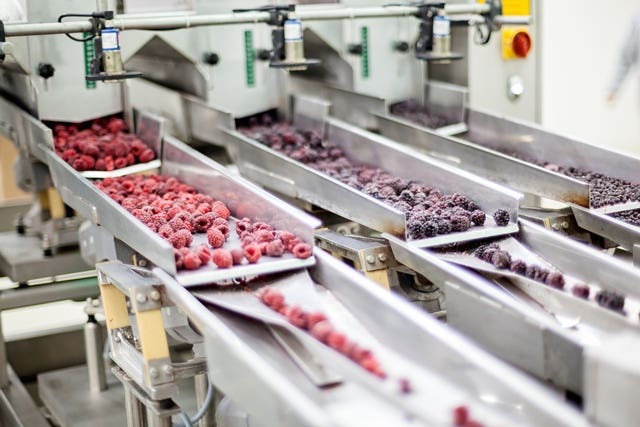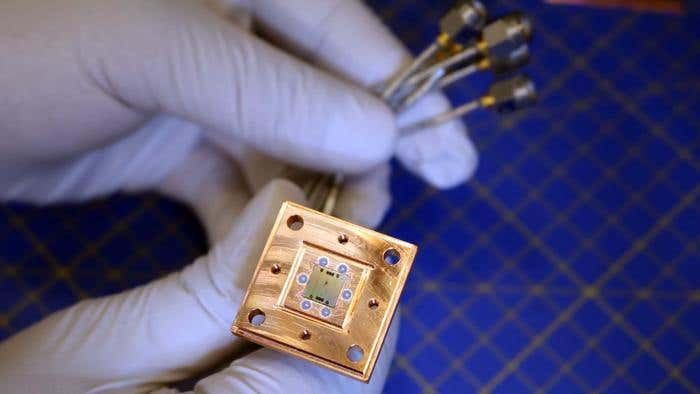New processing and cooking technology helps reduce carbon and energy consumption
Steam Infusion can reduce energy consumption by 17%, cutting close to 9 tons of greenhouse gas (GHG) emissions per production line each year

[Sept 18, 2021: Amber Gumm, University of Lincoln]
Scientists have uncovered new ways for food industry manufacturers to help tackle climate change by altering their cooking techniques to reduce energy consumption.
New research carried out by the University of Lincoln, UK, in collaboration with industry partner OAL found that using novel approaches to a process called Steam Infusion can reduce energy consumption by 17%, cutting close to 9 tons of greenhouse gas (GHG) emissions per production line each year.
The research, led by Dr. Wayne Martindale of the National Centre for Food Manufacturing at the University of Lincoln and OAL's Development Chef, Christopher Brooks, also reports that Steam Infusion can improve the quality of food products.
With many manufacturers having signed up to net zero commitments, the need to tackle emissions associated with supply chain activities is creating new business strategies, with many organizations engaging with carbon crediting schemes and purchasing greener energy supplies.
Steam Infusion technology is unique in that it reduces carbon emissions directly at the site of manufacturing, which can support businesses' plans to incrementally cut emissions throughout their facilities, while the technology enables alignment to UN Sustainable Development Goals.
Dr. Wayne Martindale, Associate Professor, Enterprise & Food Insights and Sustainability at NCFM and lead author of the study, said: "This is a world first in terms of looking into the sustainability benefits of technologies like Steam Infusion. The most energy intensive parts of food manufacturing facilities are often heating operations so it's exciting to see how Steam Infusion can help to reduce the impact of the industry. In this report, we connect a manufacturing innovation to consumer experience and improved product quality with greater sustainability credentials—a win for manufacturers and consumers alike."
Jake Norman, Sales Director at OAL, added: "We knew that Steam Infusion could help food and beverage manufacturers to become more energy efficient from anecdotal evidence but it's great to have it confirmed in a peer-reviewed study. As manufacturers adjust their plans to achieve net zero goals, we're confident that Steam Infusion can support them by delivering top quality products that consumers love with lower emissions."
Dr. Wayne Martindale and Jake Norman will be speaking at the Lincoln leg of the Zero Carbon Tour leading to COP26 in Glasgow, discussing how technologies such as Steam Infusion can help the food industry to reduce its impact on the environment.
Like these kind of feel good stories? Get the Brighter Side of News' newsletter.
Tags: #New_Innovations, #Green_Good_News, #Food_Preparation, #Greenhouse_Gas, #The_Brighter_Side_of_News
Joshua Shavit
Science & Technology Writer | AI and Robotics Reporter
Joshua Shavit is a Los Angeles-based science and technology writer with a passion for exploring the breakthroughs shaping the future. As a contributor to The Brighter Side of News, he focuses on positive and transformative advancements in AI, technology, physics, engineering, robotics and space science. Joshua is currently working towards a Bachelor of Science in Business Administration at the University of California, Berkeley. He combines his academic background with a talent for storytelling, making complex scientific discoveries engaging and accessible. His work highlights the innovators behind the ideas, bringing readers closer to the people driving progress.



